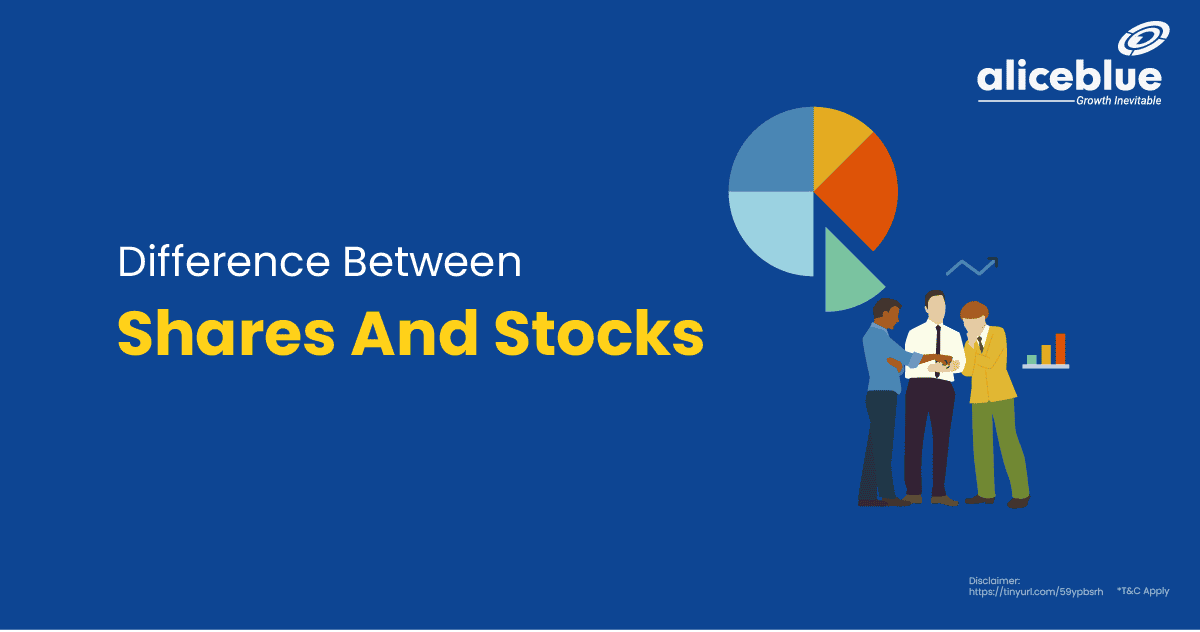Scalping Trading is a rapid-fire strategy where traders make many small trades throughout the day. It aims to capitalize on minute price changes, often holding positions for mere seconds or minutes. Scalpers accumulate profits through volume and frequent small gains, requiring constant market monitoring and quick reactions.
Content:
- Scalping Trading Meaning
- Scalping Trading Example
- How To Do Scalping Trading?
- Advantages of Scalp Trading
- Scalping Trading Strategy
- Day Trading Vs Scalping
- Scalping Trading – Quick Summary
- Scalping Trading Meaning – FAQs
Scalping Trading Meaning
Scalp Trading, also known as scalping, is a trading strategy where traders make numerous small trades throughout the day, aiming to profit from tiny price changes. The focus is on small, quick gains rather than large moves, accumulating profit over many transactions.
Scalpers use high leverage and trade in high volumes, capitalizing on minute, often predictable, price movements. They rely heavily on technical analysis and real-time trading systems to make quick decisions. Scalping requires constant market monitoring, as opportunities can arise and vanish within seconds.
This strategy carries significant risk due to its reliance on small price gaps and high-frequency trading. It demands intense focus, rapid decision-making, and strict discipline to exit trades quickly. Scalping is not suited for every trader, as it requires a specific skill set and temperament.
For example: In Scalp Trading, a trader might buy shares at Rs. 100 each and sell them shortly after at Rs. 100.50, profiting Rs. 0.50 per share over hundreds of such small transactions in a day.

Scalping Trading Example
In Scalping Trading, a trader might buy 100 shares at Rs. 200 each and sell them minutes later for Rs. 200.50, making a Rs. 50 profit. Repeating this process throughout the day, the trader aims to accumulate a substantial total profit from these small gains.
The essence of scalping is speed and frequency. Traders utilize real-time data and technical indicators to identify quick profit opportunities. Unlike traditional investing, scalping is less about the company’s fundamentals and more about immediate price action and market sentiment.
Scalping requires intense focus and discipline, as the strategy hinges on entering and exiting trades swiftly to capture small price differences. It’s a high-volume trading approach, demanding constant market watch and the ability to make rapid, accurate decisions under pressure.
How To Do Scalping Trading?
To do Scalping Trading, one needs a thorough understanding of the market, a reliable trading platform, and the ability to make quick decisions. Scalpers profit from small price changes, executing many trades that each yield small gains but accumulate significantly over time.
Firstly, scalpers utilize technical analysis to identify short-term price movements. They set tight buy and sell targets, leveraging tools like candlestick charts, volume indicators, and moving averages. The key is to enter and exit trades quickly to capture small price fluctuations.
Additionally, effective risk management is crucial in scalping. This includes setting strict stop-loss orders to minimize potential losses and maintaining a disciplined approach. Scalpers must be prepared to withstand the high stress and demands of this fast-paced trading style, often involving long hours and constant market monitoring.
Advantages of Scalp Trading
The main advantages of Scalp Trading include the potential for consistent profits from small price movements, reduced exposure to long-term market risks, and numerous trading opportunities within a day. It also allows traders to leverage their capital and skills for frequent, albeit smaller, gains.
- Quick Gains Galore
Scalp Trading offers the opportunity to capitalize on small, frequent price movements, turning tiny, quick profits into a substantial sum over time. This approach is ideal for markets with high liquidity, where small price changes occur regularly.
- Risk Management Mastery
By holding positions for a very short duration, scalpers limit their exposure to large market swings and overnight risks. This short-term approach allows for better control over trades, reducing potential losses compared to longer-term strategies.
- Abundance of Action
Scalping is perfect for those who crave constant market engagement. It provides numerous trading opportunities throughout the day, keeping traders actively involved and allowing them to make the most of even the smallest market movements.
- Leveraging Leverage
Scalp Trading allows traders to effectively use leverage, amplifying their trading capital to make significant profits from small price differences. However, this requires a deep understanding of leverage risks and careful management to avoid substantial losses.
- Skill Sharpening
Scalping requires and hones a high level of trading skills, including quick decision-making, precision, and discipline. Traders continuously learn and adapt to market changes, enhancing their trading acumen and reaction time in fast-moving environments.
Scalping Trading Strategy
Scalping Trading Strategy involves making numerous small trades throughout the day, capitalizing on minute price changes. Scalpers aim to enter and exit trades rapidly, often within minutes, targeting small but frequent profits, which accumulate to significant amounts over the course of a trading session.
The strategy requires intense focus and a fast-paced approach. Scalpers use technical analysis tools like candlestick patterns, price action, and moving averages to identify potential trades. High liquidity markets are preferred, as they offer more opportunities for quick entry and exit at desired price points.
Risk management is crucial in scalping. Traders must maintain strict discipline, setting tight stop-loss orders to minimize losses. Scalping is not for everyone; it demands constant market monitoring, quick decision-making, and the ability to act swiftly without emotional interference, especially in volatile markets.
Day Trading Vs Scalping
The main difference between Day Trading and Scalping is that Day Trading involves fewer, larger trades held over the course of a day, focusing on significant market moves, while Scalping consists of numerous small trades aiming to profit from very short-term price changes.
| Aspect | Day Trading | Scalping |
| Trade Frequency | Fewer trades | Numerous trades |
| Holding Period | Within a single trading day | Seconds to minutes |
| Profit Objective | Larger profits from significant market moves | Small profits from minimal price fluctuations |
| Risk | High due to market volatility | High due to rapid trading and leveraging |
| Market Analysis | Relies on technical and fundamental analysis | Primarily uses technical analysis |
| Required Skills | Market knowledge, discipline, decision-making | Quick reflexes, discipline, technical skills |
Scalping Trading – Quick Summary
- Scalp Trading, or scalping, involves making multiple small trades daily for modest profits from slight price shifts. It prioritizes rapid, small gains over larger movements, cumulatively earning significant profit through high-frequency transactions.
- Scalping Trading requires market expertise, a robust platform, and quick decision-making. Scalpers execute frequent trades for minor gains, leveraging small price fluctuations to accumulate significant profits over time.
- The main advantages of Scalp Trading are consistent profit potential from small price movements, less long-term market risk exposure, and many daily trading opportunities. It enables traders to frequently leverage capital and skills for smaller, yet regular gains.
- Scalping Trading Strategy focuses on executing many small, fast trades to profit from slight price changes. Scalpers quickly enter and exit trades, aiming for frequent, minor profits that cumulatively result in substantial gains across a trading session.
- The main difference between Day Trading and Scalping is that Day Trading focuses on fewer, larger trades for significant market moves within a day, while Scalping involves many small trades targeting profit from brief price changes.
- Open free demat account with Alice Blue in 15 minutes today! Invest in Stocks, Mutual Funds, Bonds & IPOs for Free. Also, trade at just ₹ 15/order and save 33.33% brokerage on every order.

Scalping Trading Meaning – FAQs
What Is Scalping Trading?
Scalping Trading is a fast-paced strategy where traders make numerous small trades throughout the day, aiming to profit from minor price movements, focusing on quick, short-term gains rather than long-term investment strategies.
What Is An Example Of Scalping In Trading?
An example of scalping in trading: A trader buys 100 shares at Rs. 150 each and quickly sells them at Rs. 150.50, making a Rs. 50 profit. Repeating such trades multiple times can accumulate significant earnings.
How Does Scalping Trading Work?
Scalping Trading works by executing a high volume of trades to profit from small price differences. Traders quickly buy and sell securities, focusing on minor, short-term market movements to accumulate small gains consistently.
Is Scalping Trading Legal?
Yes, scalping trading is legal. It’s a legitimate trading strategy used by many day traders. However, traders must comply with their broker’s rules and relevant regulatory requirements, which can vary by country and trading platform.
Is Scalping Trading Profitable?
Scalping trading can be profitable, especially for experienced traders who are adept at quick decision-making and can effectively manage the high volume of trades required. However, its success heavily depends on individual skill and market conditions.







